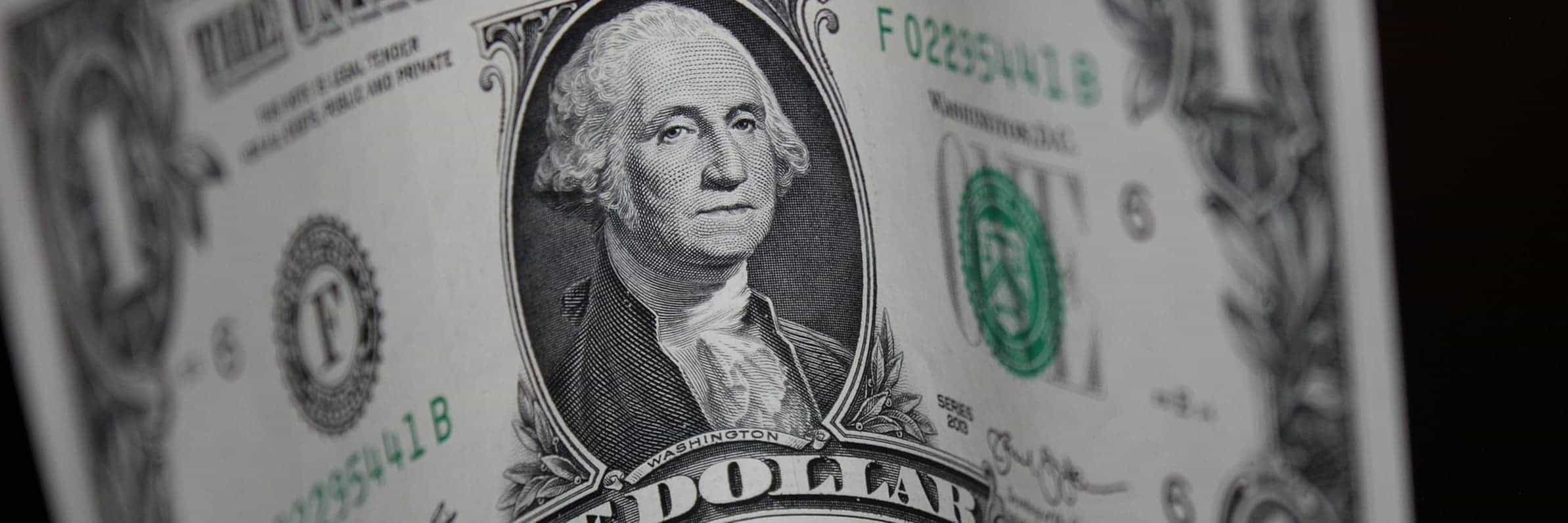Americans' status with their finances? It's complicated.
There’s seldom good news about Americans’ debts. Just in the past few weeks, Debt.com has reported…
- more than 40 percent of Americans can’t pay their bills
- a quarter of millennials say their money worries are affecting their health
- three quarters of Baby Boomers fear they won’t have enough retirement savings
Can it get any worse? When it comes to money, sure it can.
In September, an organization called The Wage Authority Group announced that “wage theft costs American workers $50 billion annually.” Wage theft is the polite way of describing employers who force their employees to work off the books, work for below minimum wage, or work overtime without being compensated for it.
“The prevalence of wage theft in our country is shameful,” says Jason Thompson, an attorney with the group. “Every working person deserves to be paid fairly and fully for their labor.”
How much is $50 billion? Basically, $51 per American employee per week.
That’s a truly terrible crime, and it makes a financial counselor like me wonder: If wage theft was eradicated, how much more personal debt could Americans pay off?
Then I read a Harris Poll about long-term care, and I know most Americans won’t use extra cash to pay down debt. They’ll simply buy more.
Only a week after the wage theft report, this poll of more than 2,00 adults, commissioned by insurance firm OneAmerica, claimed…
More than half (55 percent) said they’d use Medicare or health insurance, even though in most cases, neither will pay for long-term assistance with daily activities.
Another 13 percent said they’d pay for long-term care on their credit cards. Let’s be clear about this: They’re in long-term care and not working. How will they pay off these credit cards?
The same day this Harris Poll was released, Creditcards.com announced its own poll under this depressing headline: “29 Million Carrying Credit Card Debt for 2-Plus Years.”
Of that big number, more than half — 15 million — have been in credit card debt for at least five years.
To conclude: A sizable number of Americans are being denied money they’ve earned, most of them have no provisions for their own end-of-life care, and even now, millions are years behind on their credit cards.
What could possibly be the good news?
It’s quite possible that our nation’s personal finances have become so dire, Americans are starting to buckle down. The signs may be small, but I’ll take them.
The American Payroll Association announced last month, “48 percent of employees in America want a bigger paycheck rather than a larger tax refund.”
That’s progress indeed. Financial counselors like me have always shaken our heads at Americans who give the federal government more money than they owe, only to have Uncle Sam give it back in the form of a tax refund.
This forced savings robs Americans of either interest on investing that money or (much more likely these days) saving on the interest charged them on their credit cards. With the average tax refund standing at $2,860, and the average credit card interest rate hovering around 15 percent, using that money to pay down balances can really make a difference year after year.
Another good sign from employment website Glassdoor.com: “The annual median base pay in the United States grew 1.8 percent year over year in September 2017 to $51,491.”
Taken together, this might mean Americans are getting smarter with the money they have, and they’re slowly making more of it. That’s certainly not a trend yet, but if it becomes one, I’ll be cautiously optimistic about that the next recession can be delayed.








